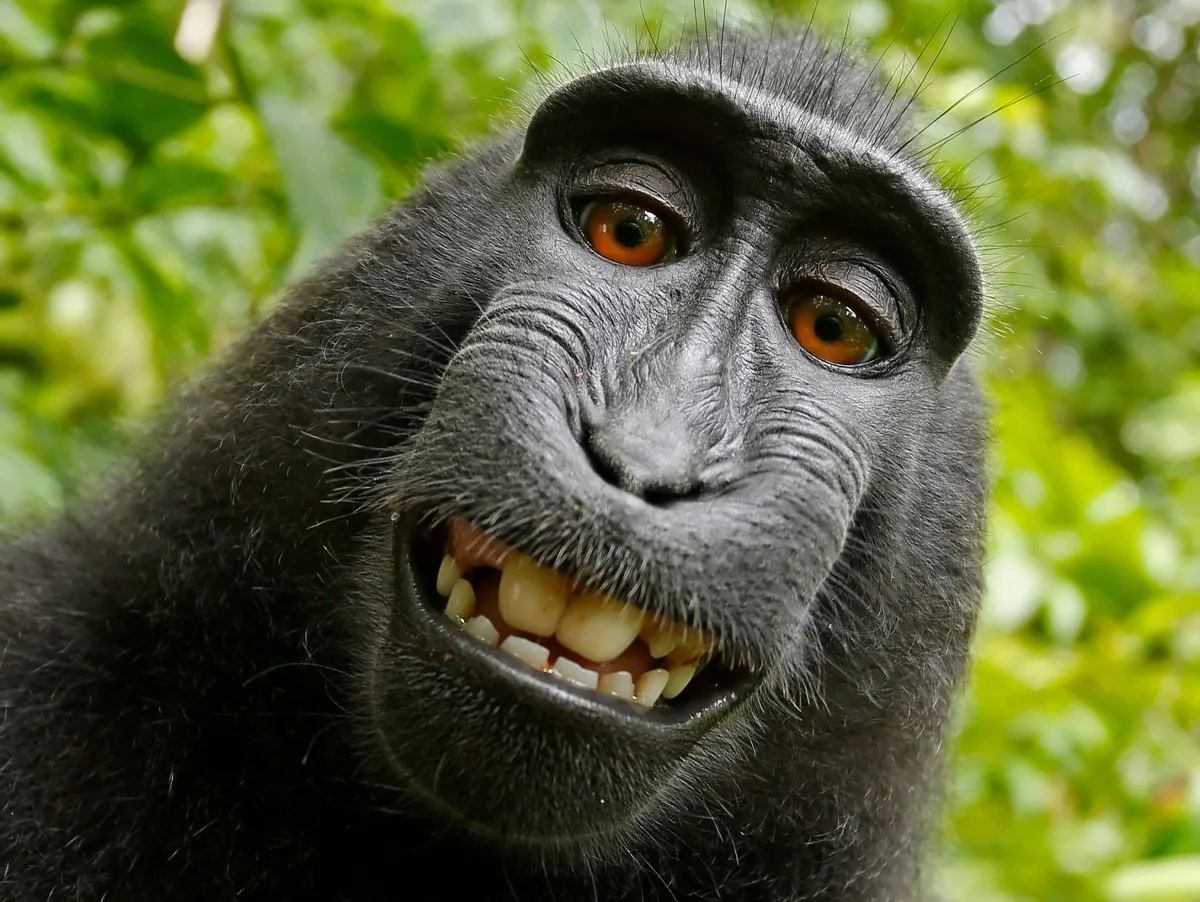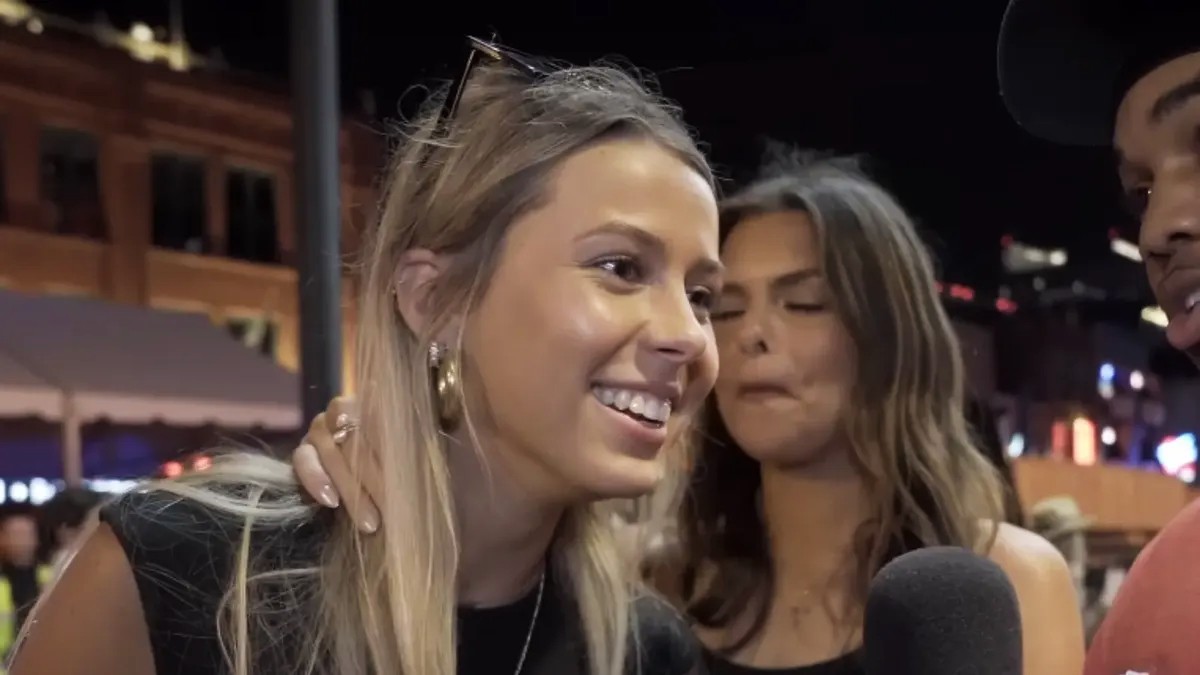I don’t really care if an artificial intelligence system called Skynet takes over the world like it did in Terminator. However, I do have a problem with the rise in AI “art” and what it means for human artists. There’s a guy trying to make money off of an AI-generated children’s book. A real-world major book publisher is trying to use AI cover art for an upcoming novel. If that wasn’t bad enough, these AI monsters are trying to come after our fanfiction. I’m telling you now, that is a line you do not cross.
Are we doomed to be flooded with strange AI art creations with no legal recourse? Earlier this year, the tide seemed to be going that way when the U.S. Copyright Office gave copyright protections to a writer who used AI-generated art in their comic book. Now the Copyright Office is reviewing the decision because the law states: “To qualify as a work of ‘authorship’ a work must be created by a human being. Works that do not satisfy this requirement are not copyrightable.” It looks like we may already have a law in place to battle the evil AI artist—and we have a monkey named Naruto to thank for it.
A selfie that actually did something good
In 2015, People for the Ethical Treatment of Animals (PETA) sued photographer David Slater on behalf of a monkey named “Naruto.” PETA claimed Slater was profiting unfairly off of the artistic work of Naruto. Years before the lawsuit, Slater had visited Indonesia where he took photos of endangered Celebes crested macaques. At one point, the monkeys got a hold of his camera and “took selfies” before Slater could get it back. Some of the resulting selfies—including a close-up picture of a smiling Naruto—Slater opted to sell to various publishing outlets.
PETA argued that the copyright of the photos (and any profits made from them) should belong to Naruto and the other crested macaques instead of Slater. In 2016, a U.S. judge ruled that the copyright law didn’t cover non-human entities and dismissed the case. The Copyright Office’s laws, revised in 2014, say it does “not register works produced by ‘nature, animals, or plants.'” Basically, the accepted legal standpoint is this: human authorship is critical to creating lawful copyright.
With that established, the U.S. Copyright Office has used this as a precedent to prevent any AI-generated works from being copyrighted. Someone could prompt and even sell the AI-generated art, but they cannot legally reserve sole rights to the works. All AI art would then be considered public domain for anyone to use in whatever way they please. So, when you think of all those crypto bros who can’t make money off of AI-generated art, remember to thank a monkey for the joy you feel.
(featured image: Public Domain / taken by a monkey)









Published: Dec 22, 2022 06:33 pm